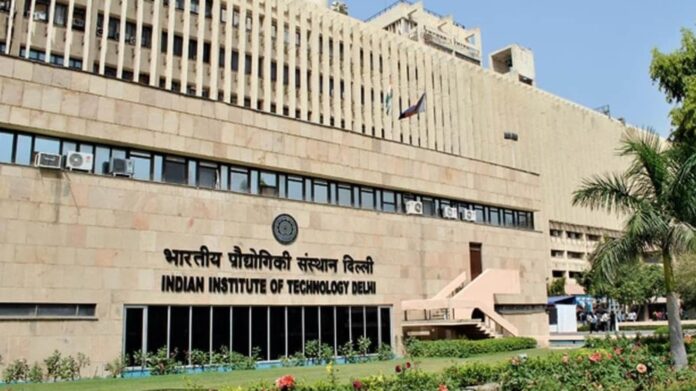The UK is keen on welcoming an Indian Institute of Technology (IIT) to set up an offshore campus in the country and some UK universities are already in talks with IITs to explore the possibility, according to top British government officials.
Several universities from the UK are also interested in setting up their branch campuses in India and are waiting for final regulatory framework from the University Grants Commission (UGC), officials said.
“Certainly, there has been a discussion about IITs setting up their campuses abroad. We have talked to the Indian High Commission in London because we think nothing would symbolize better the genuine two-way nature of the relationship between the two countries than IITs or other top institutions in India deciding to set up campuses in the UK. So we are very open to that,” says Steve Smith, International Education Champion of the UK government.
Smith is leading the largest-ever delegation of UK universities and education leaders, which is on a five-day visit to India to meet key stakeholders with discussions on internationalization of higher education institutions through partnership, dual degrees and furthering research collaborations on the agenda.
“I know that quite a lot of UK institutions have talked to IITs whether that would be a possibility. So again, it’s not going to be happening tomorrow but I do think that’s the trend for how the relationship will develop,” he added.
Two IITs have already announced setting up their offshore campuses and have signed formal agreements in this regard. While IIT Madras is setting up its campus in Tanzania’s Zanzibar, IIT Delhi is setting up an offshore campus in Abu Dhabi.
Asked about whether UK universities are also exploring setting up their campuses in India, Smith said, “The simple answer is yes. There is a lot of interest. But of course, the thing you have to do is to have the regulatory framework sorted, because no governing body anywhere in the world would commit to that unless the regulatory framework was agreed, signed and sealed. So we have made major strides on getting to that situation in the last two or three years.”
The University Grants Commission (UGC) had in January this year announced draft regulations for foreign universities to set up their campuses in India. However, the final regulations have not been notified yet.
Alison Barrett, Director India, British Council, said, “I can assure you that while a lot of the universities are thinking about long-term physical presence, but again, we need to get everything finalized. So that there are no roadblocks. We are very interested in seeing that happen here and also of course, Indian institutions opening in the UK.”
“We are very excited because the future is about genuine two-way partnerships. And thus, branch campuses, physical presences are very attractive to us. If you look at Malaysia there are five UK universities that are very well established there. So there is a lot of expertise within the UK university network of doing that. Hence, they are really interested in this opportunity in India as well,” Barrett added.
The two officials, however, refused to divulge names of the universities exploring the collaborations in the two areas.
The delegation which included representatives from 31 UK higher education institutions and bodies, coordinated by the Department for Business and Trade (DBT), arrived in India on Sunday.
They participated in the India-UK Higher Education Conference organized by the British Council on September 18 and 19 in Delhi.
The discussions focused on transnational education and facilitating the expansion of higher education partnerships between the institutions from the two countries.
Barrett said improving the quality of education and internationalization are a key part of the ongoing conversations. The delegation will also delve into transnational education and share insights into the scope and opportunities presented by the mutual recognition of qualifications and the foreign collaboration regulation of the UGC.
Furthermore, there will be discussions on the opportunities available for two-way student mobility.



